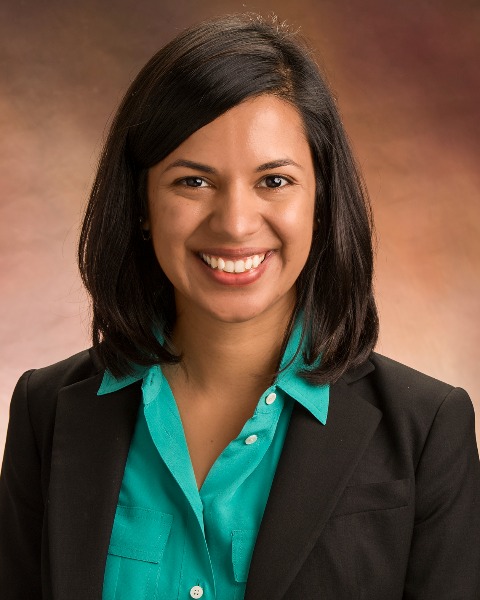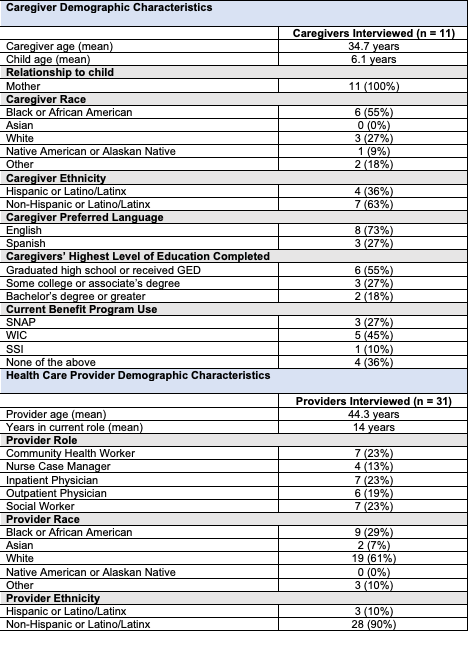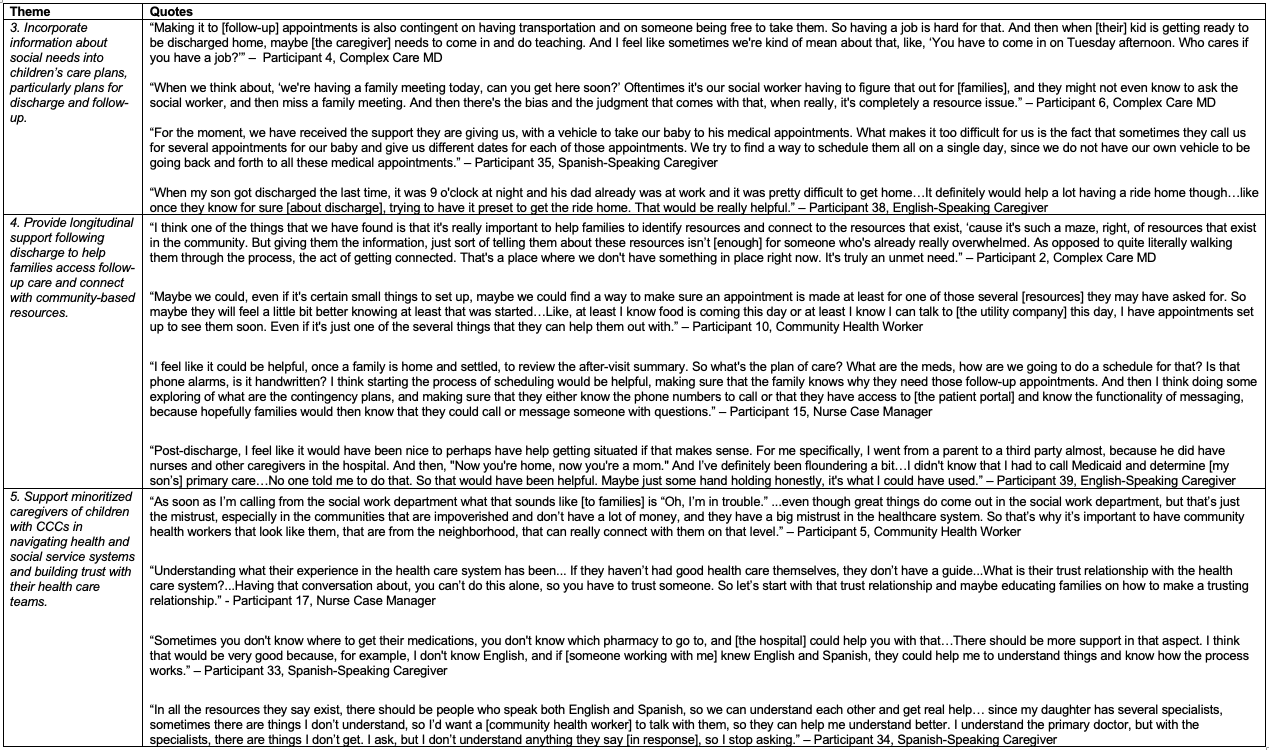Children with Chronic Conditions 2
Session: Children with Chronic Conditions 2
512 - Improving Support for Caregivers of Children with Complex Chronic Conditions and Unmet Social Needs: A Qualitative Study
Sunday, April 27, 2025
8:30am - 10:45am HST
Publication Number: 512.5295
Aditi Vasan, Children's Hospital of Philadelphia, Philadephia, PA, United States; Olivia O. Familusi, Childrens Hospital of Philadelphia, Philadelphia, PA, United States; Elizabeth Odunaiya, Children's Hospital of Philadelphia, Philadelphia, PA, United States; DanaRose Negro, Childrens Hospital of Philadelphia, Philadelphia, PA, United States; Veronica Cifuentes, University of North Carolina at Chapel Hill, Charlotte, NC, United States; Chen C. Kenyon, Childrens Hospital of Philadelphia, Philadelphia, PA, United States; Alexander G. Fiks, Children's Hospital of Philadelphia, Merion Station, PA, United States

Aditi Vasan, MD, MSHP (she/her/hers)
Assistant Professor of Pediatrics
Children's Hospital of Philadelphia
Philadephia, Pennsylvania, United States
Presenting Author(s)
Background: More than half of all caregivers of hospitalized children with complex chronic conditions (CCCs) report experiencing one or more social needs, such as food insecurity, housing instability, or difficulty paying utility bills. Many pediatric hospitals have implemented standardized social needs screening programs. However, standard “low-touch” social needs interventions, such as giving families a paper or electronic list of resources, may not provide adequate support for caregivers of children with medical complexity.
Objective: To elicit clinician and caregiver perspectives on how health systems could better support caregivers of children with CCCs who are experiencing unmet social needs.
Design/Methods: We conducted semi-structured interviews with key stakeholders involved in caring for children with CCCs and social needs within a large academic health system, including inpatient and outpatient health care providers and parents and other caregivers. Interviews were recorded, transcribed, and coded by 2 independent coders using content analysis, resolving discrepancies by consensus. Interviews continued until thematic saturation was reached.
Results: We interviewed 42 key stakeholders, including 11 caregivers of medically complex children, 7 inpatient and 6 outpatient physicians, 4 nurse care managers, 7 social workers, and 7 community health workers (Table 1). We identified five primary themes (Table 2). Participants felt health systems should: (1) recognize and mitigate financial strain associated with hospitalization, (2) align resources and supports to the unique needs of children with CCCs, (3) incorporate information about social needs into children’s care plans, including plans for discharge and follow-up, (4) provide longitudinal support following discharge to help families access needed follow-up care and connect with community-based resources, and (5) support minoritized caregivers of children with CCCs in navigating complicated health and social service systems and building trust with their health care teams.
Conclusion(s): Caregivers of children with CCCs who experience unmet social needs may benefit from additional care coordination and support, and our results suggest several potential strategies that warrant testing in practice. Health systems should consider providing concrete supports to mitigate financial strain associated with hospitalization, tailoring resources and care plans to the unique needs of children with CCCs, and providing longitudinal, family-centered support focused on addressing social needs and assisting with care navigation.
Table 1. Caregiver and Health Care Provider Demographic Characteristics

Table 2A. Addressing Social Needs Among Caregivers of Children with CCCs: Recommendations for Health Systems
.png)
Table 2B. Addressing Social Needs Among Caregivers of Children with CCCs: Recommendations for Health Systems


